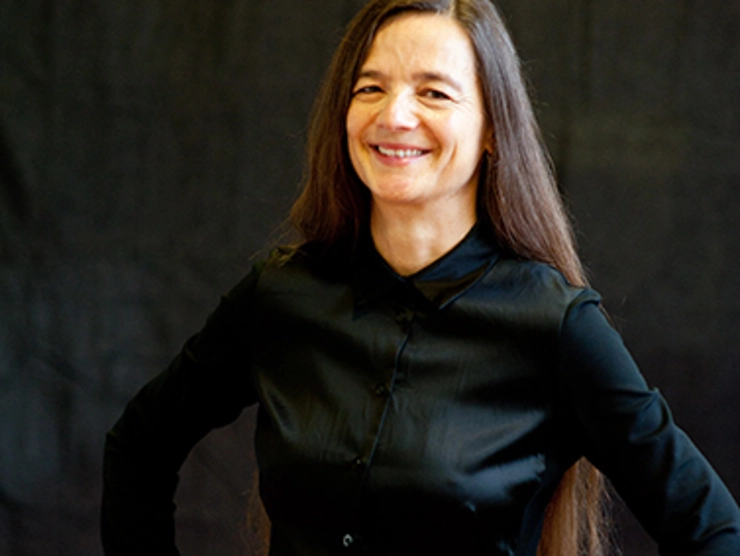Thuringian Research Award 2023 for Susanne Rau
The prize thus once again went to a scientist at the University of Erfurt. Following Professor Jörg Rüpke (2012), Professor Martin Mulsow (2013) and Professor Hartmut Rosa (2021), Professor Cornelia Betsch (2022) most recently received the award in the "Applied Research" category for her project "Understanding and Changing Infection Protection Behavior". With this award, the Free State has honored top scientific achievements of Thuringia's universities and non-university research institutions once a year since 1995. More than 240 researchers have been honored so far. A jury of recognized scientists from all over Germany decides who receives the award. The most excellent research achievements by individuals or research groups in the categories of basic and applied research are awarded a total of 50,000 euros in prize money.
We understand societies better when we analyze their spatial dimensions and shed light on their historical development. This applies to past societies that help shape our present, as well as to present-day foreign cultures with which we relate - whether through trade, travel, migration, or comparison and evaluation. "Professor Susanne Rau, has made the category 'space' fruitful for the analysis of historical societies and thus given historical science a visible place in the debate, which until then had been dominated by the social sciences," reads the justification for the award of the 2023 Thuringian Research Prize. Building on this, she has fundamentally developed a method for researching historical spatialities that also takes temporalities and dynamics into account, and has thus decisively established the specifically historical-cultural spatial research. This method, which the historian developed in a dialectical process of historical source studies and critical examination of spatial theories, has led to a new understanding of spatial concepts and practices in cities since the late Middle Ages.
Furthermore, her research achievements consist in the application and diffusion of this method in historical studies (urban, cartographic, trade and religious history) as well as in interdisciplinary and international cooperation. This is evident in several projects such as the collegiate research group "Religion and Urbanity" based at the Max-Weber-Kolleg of the University of Erfurt with its more than 50 fellows from all over the world to date, which have made Erfurt a place for top international research.
"The fact that once again a scientist from our university has been honored with the Thuringian Research Award makes us very happy and proud," explains Professor Benedikt Kranemann, Vice President for Research and Graduate Services at the University of Erfurt. "And it shows at the same time that our university is a place of excellent research. We congratulate our colleague, Susanne Rau."

